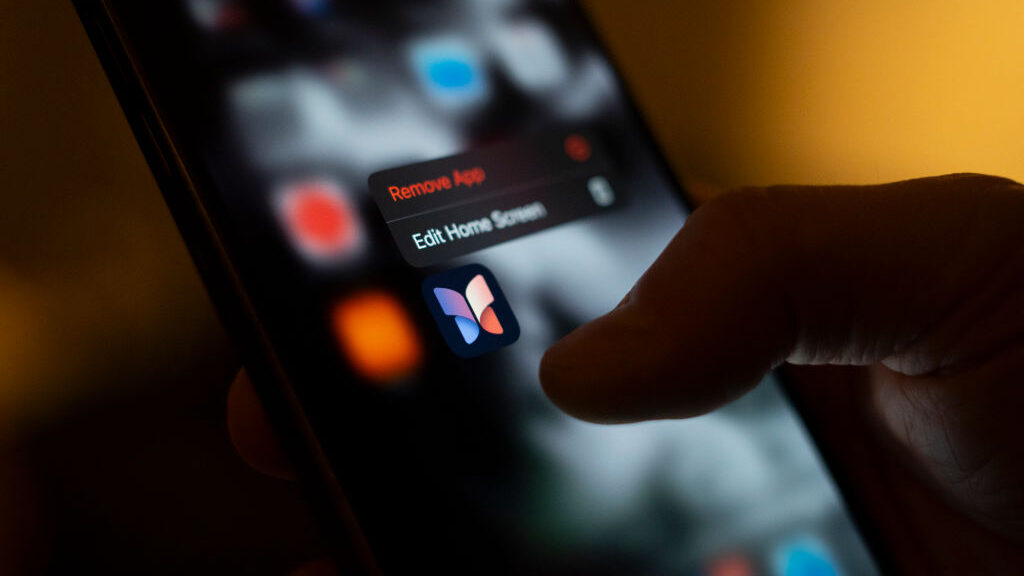Answers to 5 of the most commonly asked tech questions
Oct 1, 2020, 6:00 PM

(Pixabay Photo)
(Pixabay Photo)
A woman called her company’s tech support desk, and the technician asked for her password.
She replied, “Snow White Cinderella Snoopy Dopey Pinocchio Harry Potter Ariel 5.” The technician said, “That’s a great long password.” The woman replied, “Thank you! I was told my password needs to have seven characters and one number.”
Jokes aside, you should never give anyone your password. As hacking methods get more sophisticated, there are new rules for creating hard-to-crack passwords. Tap or click here to make sure your passwords are up to snuff.
It’s also essential to set up two-factor authentication (2FA) on your accounts. If someone tries to hack your account, he won’t have access to the one-time code sent to your phone or email. Here is a step-by-step guide to setting up 2FA on your Facebook, Google, Twitter, Instagram, and Dropbox accounts.
There are common questions those of us in technology continually answer. If you want to endear yourself to your IT department techs, share this post with your family, friends, and co-workers. They’ll thank you later.
1. I got an email that says the sender has a video of me taken with my webcam while I was watching porn. He is threatening to release the video if I don’t pay him. He showed me a password that was real!
You’re the victim of a sextortion scam. I bet that password is one you’ve used before and if so, change it now. It’s details like these that frighten people into paying.
Here’s what is happening. Scammers scrape your email address along with other information from data breaches or public listings. They compile this information to appear as if you alone are being targeted.
The truth is, they’re sending a similar email to as many people as possible.
Tap or click here to see if your email address and passwords are part of about 10 billion records of stolen data.
2. All these passwords are driving me nuts. I forgot my password to “fill-in-the-blank” website. Is there a way I can find my password before resetting it?
Many people don’t know that you can easily retrieve your passwords by looking in your browser’s settings. This feature is excellent for your memory but bad for your security. It’s one reason why you should have a login password to your computer or device.
Here’s how to find your passwords in various browsers.
Chrome: Click the three-dot icon in the upper-right corner of your browser and then Settings.
Click Autofill from the left-hand panel, followed by Passwords.
Scroll until you find the password you need. Click the eye icon to make it visible. You may need to enter your system password to verify your identity.
Firefox: Click the three-line icon to open settings.
Click Logins and Passwords.
Scroll until you find the password you need. Click the eye icon to make it visible. You may need to enter your system password to confirm your identity.
Safari: Click Safari from the menu bar at the top of the screen and then Preferences.
Click Passwords.
You may need to enter your system password to confirm your identity. Scroll until you find the password you need.
Click the three-dot icon to make it visible.
Edge: Click the three-dot icon in the upper-right hand corner of the browser. Choose Settings.
Click Profiles from the left-hand sidebar and then Passwords.
Scroll until you find the password you need. Click the eye icon to make it visible. You may need to enter your system password to confirm your identity.
3. I use my phone to bank, work, and more. How can I tell if my phone or tablet has a virus or keylogger? How do I remove it?
Viruses used to be confined to desktops and laptops. But now, mobile gadgets are being targeted with viruses, trojans, malware, spyware, ransomware, and adware. Just about any type of “ware” cybercrooks can use to exploit victims.
Android gadgets, in particular, are more vulnerable to these kinds of attacks because you can install third-party apps directly from the internet and outside the Google Play Store.
There are telltales signs, including increased data usage, apps you did not install, and the device is hot to the touch even when you’re not using it. Tap or click here for a complete list of signs your device is infected and the steps to remove the malware.
4. My laptop gets hot while I use it. Does this mean that the laptop is malfunctioning?
Pretty much every laptop owner has been through a too-toasty experience with a machine at some point. When laptops are working hard and using a lot of processing power, they naturally heat up. This is a normal part of a laptop’s operation, but there are ways to help your machine chill out.
If your laptop is abnormally hot, the first thing to check is its vents. One of the most common reasons for overheating is dust accumulation inside the laptop, clogging up the openings.
The recommended cleaning method involves turning off and unplugging your laptop and then blowing out the vents with a can of compressed air to dislodge any dust or pet fur. Check your laptop carefully for all of its vent locations. They can usually be found along the sides and on the bottom.
Some laptops, especially those used for gaming, can run hot and still be within normal operating parameters. But that can make the machine too warm to hold on your lap comfortably.
Get a laptop cooling pad. These devices lift the laptop and use fans to dissipate the heat from the bottom of the computer. Tap or click here to find one that works for you on Amazon.
Some nonpowered pads on the market use mesh or little feet to raise up the laptop and allow for more airflow. As an alternative, you can try setting your laptop on a flat surface and raising the back up at an angle using something you find around the house, like the edge of a book. The idea is to leave some airspace beneath the laptop and let it vent out the extra heat.
In the same vein, be careful about the type of surfaces on which you have your laptop. A cushy pillow on your lap could cover the vents and cause problems.
5. I value my privacy. Browsers have incognito mode or private modes. Do these modes really hide what I do online?
Most browsers feature a private browsing mode that won’t save your history or other data. In Chrome, this feature is known as Incognito Mode. There are a few things that it does and does not conceal.
Incognito/Private Browsing stops your computer or device from saving the following items:
Your web browsing history, cookies, website data.
Incognito/Private Browsing does not hide the following items:
Your IP address, your browsing history from your ISP, your identity from the websites you visit.
Think of private browsing as a way to automatically clear out browsing data at the end of a session. Websites and entities still know who you are, but your computer has no recordings of your activity.
If you want more privacy protection, use a VPN.
There are plenty of great reasons why you’d want to use incognito or private browsing. Tap or click here to see six practical uses for private browsing.
What digital lifestyle questions do you have? Call Kim’s national radio show and tap or click here to find it on your local radio station. You can listen to or watch The Kim Komando Show on your phone, tablet, television or computer. Or tap or click here for Kim’s free podcasts.









